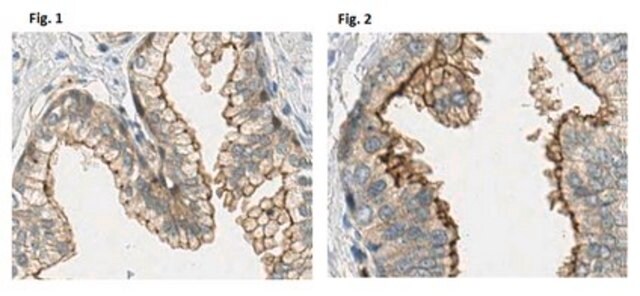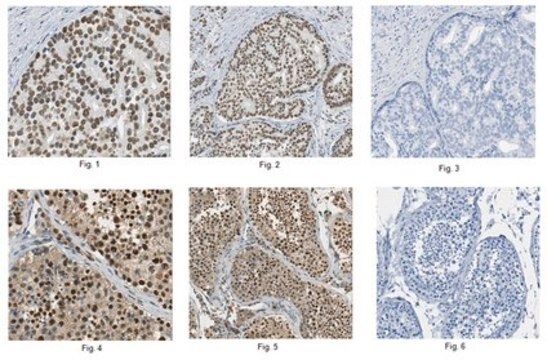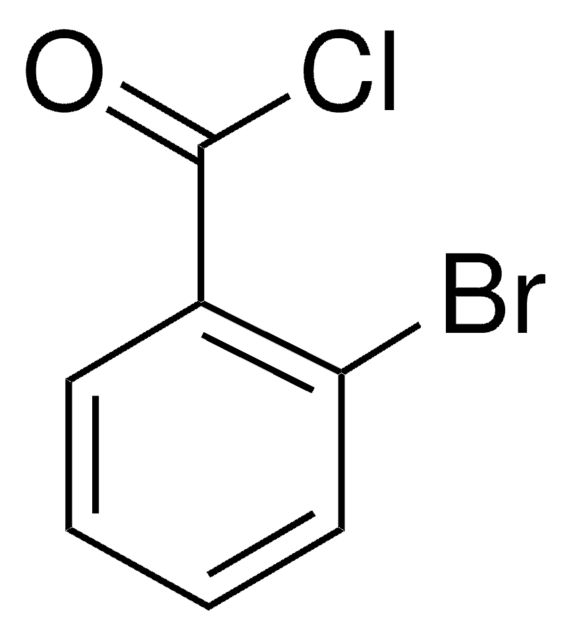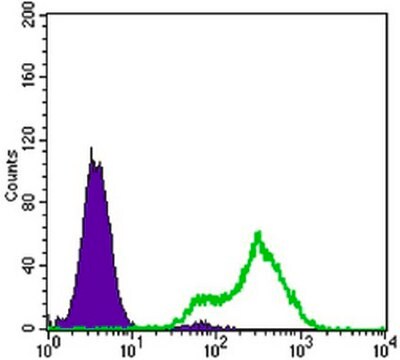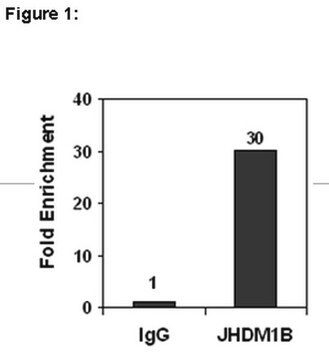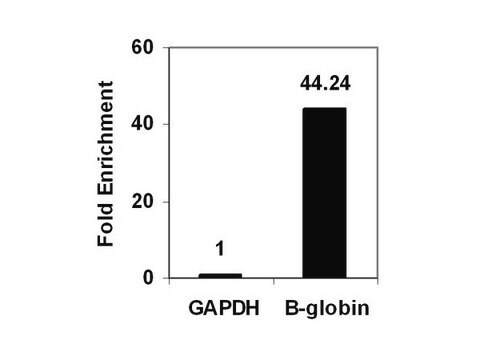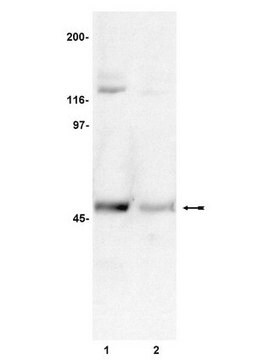詳細
Receptor-type tyrosine-protein phosphatase eta (UniProt: Q64455, also known as EC: 3.1.3.48, Protein-tyrosine phosphatase eta, R-PTP-eta, HPTP beta-like tyrosine phosphatase Protein-tyrosine phosphatase receptor type J, R-PTP-J, Susceptibility to colon cancer 1, CD148) is encoded by the Ptprj (also known as Byp, Scc1) gene (Gene ID: 19271) in murine species. R-PTP-eta is a monomeric, single pass type I membrane protein that is expressed at high levels in brain, kidney, spleen, and intestine; Lower expression levels are seen in liver, lung, thymus, and heart. It is also expressed at a high level in the myeloid cell line FDC-P2, and at a lower level in the pre-B lymphoid cell line WEHI-231. Fibroblast cell line NIH3T3 and the erythroid cell line F5-5 lack its expression. It is synthesized with a signal peptide (aa 1-28) that is subsequently cleaved off. The mature form has an extracellular domain (aa 29-876), a helical region (aa 877-897), a cytoplasmic domain (aa 898-1238). R-PTP-eta either dephosphorylates or contributes to the dephosphorylation of CTNND1, FLT3, PDGFRB, MET, RET, KDR, LYN, SRC, MAPK1, MAPK3, EGFR, TJP1, OCLN, PIK3R1 and PIK3R2 and plays a role in cell adhesion, migration, proliferation and differentiation. It is also involved in vascular development and ma participate in the mechanism of contact inhibition of cell growth. It has a positive effect on cell-matrix adhesion and on platelet activation and thrombosis. It can also serve as a negative regulator of cell proliferation and has a negative effect on PDGF-stimulated cell migration via dephosphorylation of PDGFR. R-PTP-eta is also involved in T cell receptor (TCR) signaling where upon TCR activation, it is up-regulated and excluded from the immunological synapses, while upon T cell-antigen presenting cells (APC) disengagement, it is no longer excluded and can dephosphorylate PLCG1 and LAT to down-regulate prolongation of signaling.
特異性
Clone 8A-1 immunostains Protein-tyrosine phosphatase eta in murine spleen tissue secctions.
免疫原
293T cells expressing murine CD148.
アプリケーション
Research Category
炎症及び免疫
Anti-Protein-tyrosine phosphatase eta (CD148), clone 8A-1, Cat. No. MABF2070, is a Syrian hamster monoclonal antibody that detects Receptor-type tyrosine-protein phosphatase eta (CD148) and is tested for use in Flow Cytometry, Immunohistochemistry (Paraffin), and Western Blotting.
Western Blotting Analysis: A representative lot detected Protein-tyrosine phosphatase eta (CD148) in Western Blotting applications (Stepanek, O., et. al. (2011). J Biol Chem. 286(25):22101-12).
Immunohistochemistry Analysis: A representative lot detected Protein-tyrosine phosphatase eta (CD148) in Immunohistochemistry applications (Katsumoto, T.R., et. al. (2013). J Clin Invest. 123(5):2037-48).
Flow Cytometry Analysis: A representative lot detected Protein-tyrosine phosphatase eta (CD148) in Flow Cytometry applications (Stepanek, O., et. al. (2011). J Biol Chem. 286(25):22101-12; Lin, J., et. al. (2004). J Immunol. 173(4):2324-30).
品質
Evaluated by Immunohistochemistry in mouse spleen tissue.
Immunohistochemistry Analysis: A 1:250 dilution of this antibody immunostained Protein-tyrosine phosphatase eta (CD148) in mouse spleen tissue sections.
ターゲットの説明
136.77 kDa calculated.
物理的形状
Protein G purified
Format: Purified
Purified Syrian hamster monoclonal antibody IgG2-IgG3 in buffer containing 0.1 M Tris-Glycine (pH 7.4), 150 mM NaCl with 0.05% sodium azide.
保管および安定性
Stable for 1 year at 2-8°C from date of receipt.
その他情報
Concentration: Please refer to lot specific datasheet.
免責事項
Unless otherwise stated in our catalog or other company documentation accompanying the product(s), our products are intended for research use only and are not to be used for any other purpose, which includes but is not limited to, unauthorized commercial uses, in vitro diagnostic uses, ex vivo or in vivo therapeutic uses or any type of consumption or application to humans or animals.

